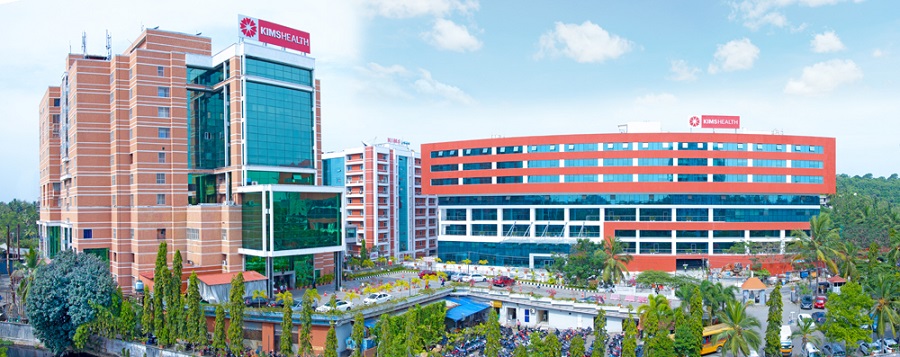The Tata Memorial Centre, Mumbai, constitutes the national comprehensive cancer centre for the prevention, treatment and research on Cancer and is comparable to any similar centre in the world. This achievement has been made possible due to the far-sighted and total support of the Department of Atomic Energy, responsible for managing this Institution since 1962.
Nearly 64,000 patients visit the clinics annually not only from all over India but also from neighbouring countries. Nearly 60% of these cancer patients receive primary care at the Hospital, of which over 70% are treated free of any charges. Over 1300 patients attend the OPD daily for medical advice, comprehensive care or for follow- up treatment. The Hospital has expanded from an 80- bed Hospital covering an area of 15,363 sq. metres to a 629-bed one, spread over 53,890 sq. Metres.
Nearly 18500 minor operations, 11500 major operations and 200 laser surgeries are performed annually. The robotics surgery was introduced in 2014 and since then 50 procedures have been performed. About 6200 patients are treated with Radiotherapy and Chemotherapy annually in multi-disciplinary programs delivering well-established treatment. Robotic surgeries were initiated in 2014.
The strategies for early diagnosis, treatment management, rehabilitation, pain relief and terminal care have been established in a comprehensive and multi-disciplinary approach for a total cancer care programme. Radical surgeries have yielded place to more conservative surgery, with the very important objective of quality of life, conserving function and organ without compromising the overall survival outcome. This has been very clearly proven in the early stage cancer of the breast or tumours involving the soft tissue or bone, where amputative surgery has been replaced by less radical procedures.
adiation therapy has also made rapid advances with high technology, precision, computerization and newer isotopes for therapy. Chemotherapy has played a very major role, with many new drugs and clinical protocols investigated in clinical trials. The TMH was the first Centre in the country to initiate Bone Marrow Transplant in 1983. This has been possible due to better total supportive care using better antibiotics, nutritional, blood transfusion support, nursing and other areas.
Another important area of progress over the last few years has been radiological imaging techniques using ultrasound, CT Scanners and more dynamic real- time nuclear medicine scanning. Pathology has progressed from basic histopathology to molecular pathology with emphasis on predictive assays for identifying the high- risk prognostic factors.
Today, state-of-the-art equipment is available in every Department, including the latest Spiral CT Scanners, Gamma Cameras, Ultrasound, Microscopes, Linear Accelerators, Simulators, Bone Marrow Transplantation facilities, ICU for critical care of patients, updated Operation Theatres, sophisticated Blood Bank facilities and laboratories. We are in a position to render high immunological, histo-chemical, technological level of biochemical, cytological and pathological services.
The Programmes for Cancer awareness, prevention, and control are well recognized and established with a satellite Rural Cancer Centre at Barshi. Recently, awareness campaigns highlighting the cancerous effects due to the sustained use of tobacco, banning the use of tobacco in the entire Hospital complex, targeting school and College children by educational programmes highlighting the terrible effects of smoking and preventing them from even starting the habit, are some of the activities in progress in the Department of Preventive Oncology.
The Cancer Research Institute plays an important role with understanding of the molecular basis of cancer , Cell biology, molecular epidemiology, laboratory medicine with predictive assays and molecular pathology. Advances in developmental therapeutics with drugs, with different modalities of treatment using different strategies, such as gene therapy, vaccine, biological therapy and chemo prevention are being evaluated with exciting possibilities for the future.




